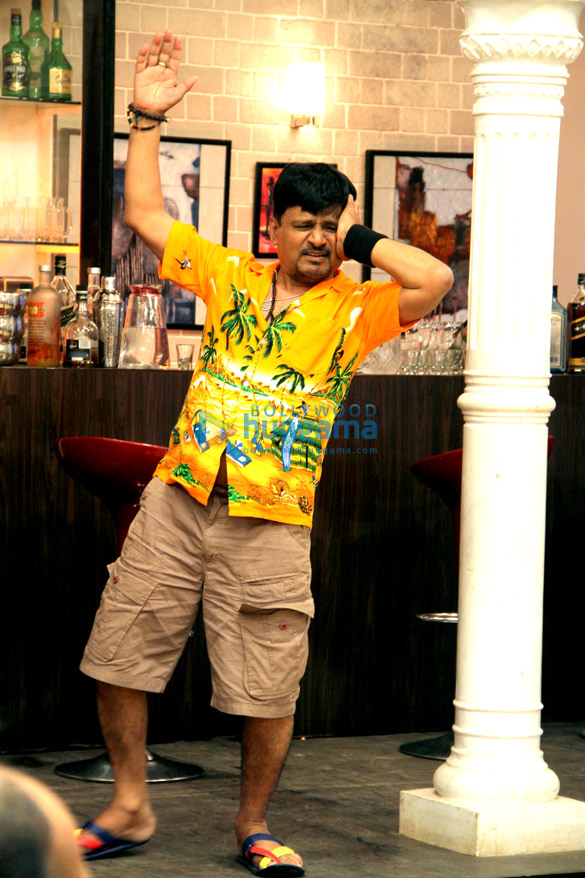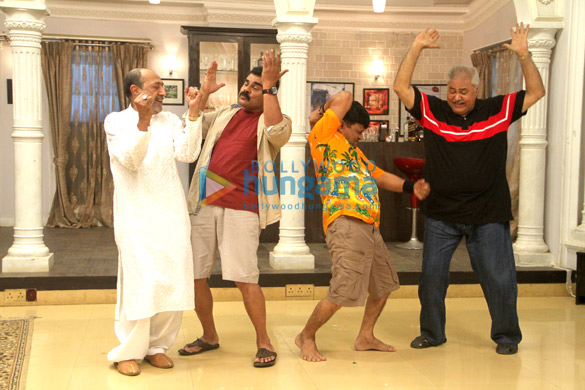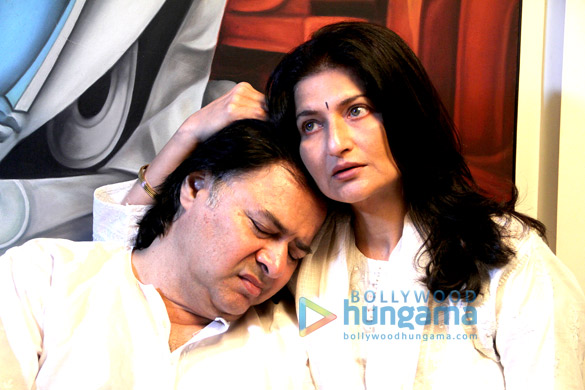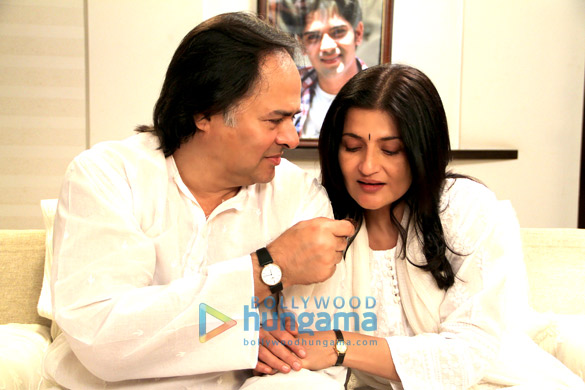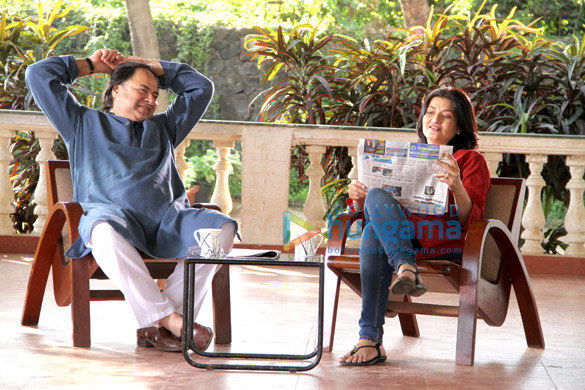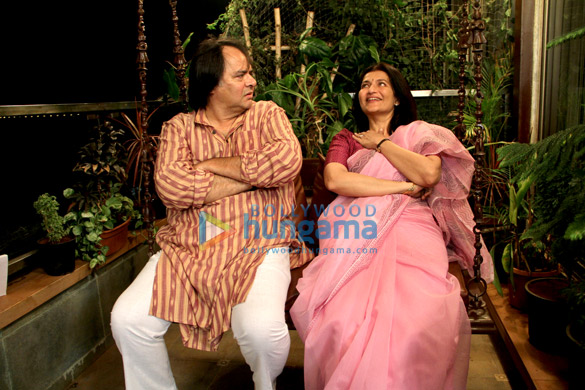Music: Pranit Gedham
Lyrics: Sanjay Tripathy, Mahendra Madhukar & Najeer Akbara Badi
Music Label: T-Series
Expectations:
Expectations are zero - with a newbie music director, an offbeat theme and little face value.
Music:
Arijit Singh, the only common point between the three musical revolutions of 2013 - Aashiqui 2, Yeh Jawaani Hai Deewani and Ram-Leela, gets to sing the opening track, 'Pal Pal' with gusto. The nuanced composition starts with a simple couplet and moves to experimental zones in the music while retaining its fluid placidity. The lyrics by Sanjay Tripathy are succinct (Apne Ko Khokar Bhi Apne Mile) and sum up the quirky qualities of life.
Newbie composer Pranit Gedham keeps things sober and tasteful, imparting a haunting quality to this song despite the soft rock-like feel in the orchestration. Indian strings come in as an innovative touch and impart a nice feel to this languid number.
The piece-de-resistance of the score is the second track, 'Rooh Mein Faasle Nahin Hote / Kaash Hum Tum Mile Nahin Hote', divinely written by Mahendra Madhukar and rendered with nuanced brilliance by Raju Singh, the well-known composer. Raju gives it his all, his husky voice and the use of the reverb heightening the impact of the words (Ek Saaya Na Saath Jo Deta / Do Qadam Bhi Chale Nahin Hote) and the composition, which carts us back to the halcyon magic of Jagjit Singh's era.
The soulful track leads you into a world of pathos with its sonorous softness, the brilliant notes of the piano underscoring the melody. The treatment is full-on ghazal-esque, with the tabla dominating and creating the perfect ambience for the gentle sweep of the notes.
The musical high scales down a bit in the third track 'Mera Saaya' (sung by Nandini Srikar). Nandini tries her best, but the classical flavour seems a tad forced. Because of this, the strength of Pranit's layered composition gets a shade diluted as we see more 'show' than skill in the singing. But we welcome charming words like 'ansuan' (for aansoo or tears) (lyrics by Sanjay Tripathy) in these 'Hinglish' and Sufi days.
The fourth song changes tracks to a folk mood, and Raghuveer Yadav is his usual self (he was last heard in Peepli [Live] ) as he sings 'Wah Wah'. The song has the right rustic flavour in sound and orchestration, and the chorus gives the lead singer apt accompaniment. The lyrics (Najeer Akbara Badi) are situational, and Raguveer is effortless, though we clearly hear a second male voice that is mysteriously not credited!
Overall:
This is not one of those scores that feature chartbusters, and our rating is purely on a commercial yardstick. But the music commands respect and we will look at Pranit Gedham's future career with interest.
Our Pick:
'Rooh Mein', 'Pal Pal'
